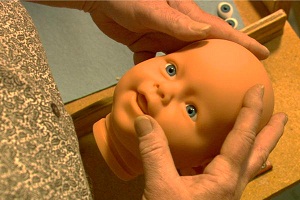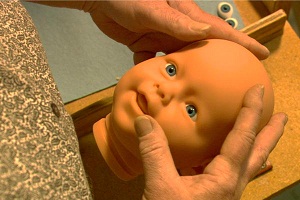Cross Post: Solomon’s frozen judgement
Written by Anders Sandberg
This post was originally published on Andert II
A girl dying of cancer wanted to use cryonic preservation to have a chance at being revived in the future. While supported by her mother the father disagreed; in a recent high court ruling, the judge found that she could be cryopreserved.
As the judge noted, the verdict was not a statement on the validity of cryonics itself, but about how to make decisions about prospective orders. In many ways the case would presumably have gone the same way if there had been a disagreement about whether the daughter could have catholic last rites. However, cryonics makes things fresh and exciting (I have been in the media all day thanks to this).
What is the ethics of parents disagreeing about the cryosuspension of their child?Read More »Cross Post: Solomon’s frozen judgement


